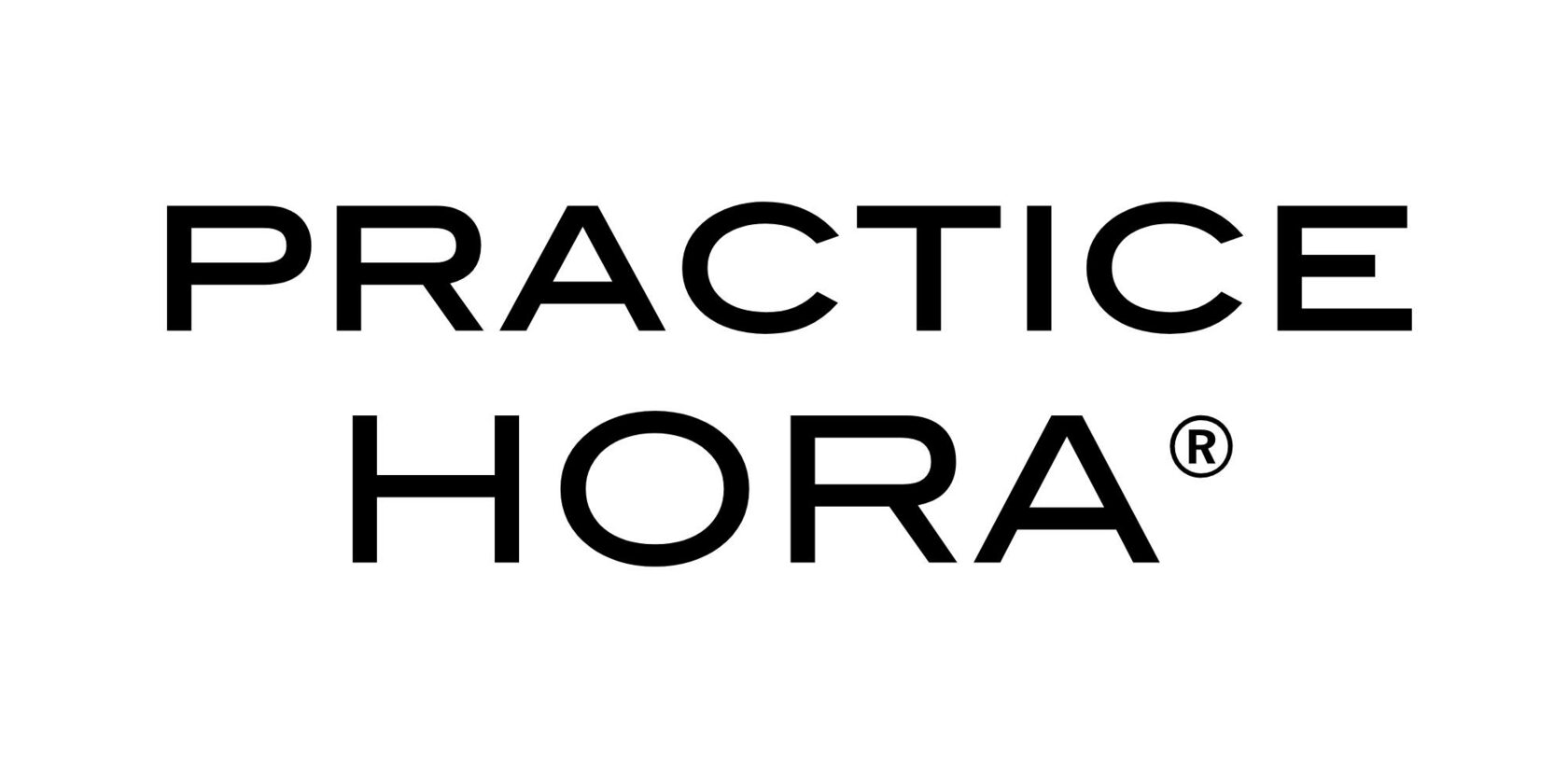March 5, 2021
“You are beautiful!” There's a reason this phrase has become so popular. It's a reminder that beauty is not only about appearances, but rather it is about grace and invisible attractive forces, senses, and structure. Have you ever wondered what lies behind the meaning of the word "beautiful"?
Why, for example, do children attract attention and make it impossible for you to take your eyes off of them? Why is it that some people are so magnetic — they attract us with their fascinating and successful personalities while others cannot command attention, no matter how hard they try?
In our contemporary lives, expectations have multiplied. Not only intelligence and quick thinking are demanded of us, but also qualities such as readiness for change, stress tolerance, and physical endurance. Each of us, in one way or another, strives to meet these demands.
This article will address the issue of attractiveness in the context of nature, this includes how the skills of species success have passed down in evolution and what this has to do with modern humans. And most importantly, can attractiveness be cultivated. And if so, then how?
The Skill of Making Oneself Attractive
A good place to start is with what is called trance-evolutionary skills. Let's imagine a situation that begins in an ordinary way. A girl meets a boy. Shortly thereafter, he compliments her admiringly. He tells her, "You have such strong inner-stability. Your mind is exceptionally sharp. While we are talking, the calmness that flows from you attracts me with a powerful force. You are the most excellent two-legged mammal I have met! Let's procreate.”You might be smiling. It is, at the very least, an unusual scene. If it isn't a clip from a sci-fi X-men movie.
Behind modern notions of attractiveness, humans have lost the idea of inner-stability. Nevertheless, this vitality is a natural evolutionary skill, which is linked to the survival and development of a two-legged mammalian creature on planet Earth. What is this skill? What does this mean for people today, who live “out of nature” and “in culture”?
Natural Skills within Nature
In nature, skills are instinctual and respond to the core goal of all living creatures: to survive in an ever-changing habitat and procreate.
All creatures somehow achieve optimal movement in their environment to survive and evolve.
For example, badgers have the special skill of "working with wood." Over millions of years of such training, they have honed their survival skill to the millimeter, optimized. The survival rate of their offspring depends on the quality of their work in such housing construction.
Then there is the example of a creature that "works with air and aerodynamics" and its remarkable skill doing so. “Wandering albatrosses are the ultimate soaring birds,” claims Anders Hedenström, an animal flight expert at Sweden's Lund University. This bird species is a prime example of one that possesses a skill it has honed over the course of evolution. Albatrosses in the air are stable, quick to make decisions, and remain calm. It turns out that over the course of millions of years, in-flight action has perfected this skill and has enabled each bird to soar or move forward with minimal physical effort. So, such a process of “optimization” is the prime factor in the success of any species. It is only logical to conclude that such successful optimization of life-directing skills, or “life processes,” guarantees survival. The vigor of this species becomes visible through beauty and attractiveness that evinces a constant flow of power and well-being.
It is a Natural Human Skill to be on One’s Feet
The examples of badgers and birds tell us a great deal. Badgers have relentlessly gnawed at wood for millions of years, honing their skill. Birds have trained their wings to be optimal for flying. It becomes evident that any species, in the course of their long “careers,” “polish up” specialized actions. They train themselves to optimize skills such as gnawing at wood, in the case of badgers, and the soaring motion, in that of albatrosses. In doing so, each skill set “enhances” each respective species.
Let’s look at this creature called Homo sapiens and see what evolutionary work it does to optimize itself. This is not an easy matter.
For the overwhelmingly longest period of its existence, before it created an artificial social environment, the human species was on its feet 98% of its waking hours. Humans had to hunt and organize to survive, just like badgers and birds. To be a hunter required focusing attention in such a way as to connect one’s feet to one’s head automatically.
Judge for yourself. Out of the 300,000 years of their existence, human beings — as Homo sapiens — have been sitting more than walking only for the last 100 years, about 60% of the day. We have lost a critical, fundamental skill because of our search for comfort. This skill enabled us to optimize the coordination of our bodies, brains, and nervous systems with our feet. Statistics show that we are, in effect, abandoning what our nature demands. Our inner, “natural” voice seeks not only to tell us something but also to scream out to us, "Somebody gives me back my inherited potential, my beauty, my evolutionarily perfected skills!"
Artificial, Human Social Evolution
Over the last century, WHO statistics consistently — callously — show a general weakening of the spine and the locomotor apparatus, a deterioration in the quality of attention, and a host of related psychological disorders. And all of this is already happening to younger and younger people. It is reasonable to ask some difficult questions:
- If we are so advanced, why is it that, as statistics indicate, the human species is weakening?
- What are we doing wrong or not doing at all?
- What do we not know about the laws of nature that we should know?
- Is there an indispensable skill or behavior that we should develop in everyday life so as to enhance our quality of life at all ages?
From archaic to contemporary humans, the skill of being a successful species on planet Earth has significantly changed along with the evolution of society. Society has its laws and traditions that shape habits, behaviors, and inherited skills.
Scientists around the world have long agreed that genetics influences behavior, and behavior influences genetics. It is clear from this that we are repeating and accumulating skills all the time; we just have to figure out what they are, whether they are strengths or weaknesses.
We accumulate specific skills throughout our lives, but whether they strengthen or weaken us becomes clear only over time. This is because skill is an ability formed through repetition and exercised automatically.
Survival is just as relevant in a technologically mediated, social environment as it is in untamed nature. The factors of survival are far from being the same thing in these two contrasting environments.
For example, the most valuable resource in human “social” survival is intellectual capital and its accumulation. To succeed in this, a person must sit down and put their brain to work in order to learn from an early age. Indeed, we contemporary humans sit for 60% of the day. In the “state of nature,” in the sense of human life with rudimentary technology, this entire 60% of the day was spent physically active -- on one’s feet. That which strengthens the species and that which weakens it, future statistics will show. Now that it is clear what the problem is, the next step is to find a solution.
HORA Skill: Personality Optimization
Nature obeys its own laws of order and therefore has an answer to any question. How might we humans achieve personal success in a social environment that changes so quickly? The answer could be in how we develop ourselves as a species. The need is not only to "be on our own feet," but to do it right -- to recreate our inner-stability. Connecting the "feet to the head" in the correct way trains us to improve the quality of our attention and to stabilize the psyche at every age. It's hard to argue against the idea that a calm person is always more attractive than an anxious one.
It is unnecessary to renounce the accumulation of intellectual capital in order to train for species success. To Practice HORA is to train for this species success as a part of one’s regular schedule, before or after work or school. Just like a trip to the gym.
With your very first results in a HORA class, you gain the skill of how to build strength and flexibility in the body, resilience, and attention span with plenty of stamina, and a stable psyche. You can achieve all of this at any age.
Anything that improves you as a person automatically strengthens you as a professional. And if those two young people whom we met at the beginning of this article were lucky enough to do Practice HORA for 30 years, they will be 50 years old when they meet again. They will be able to share their achievements in business and cooperate in a mutually beneficial way. They will be able to admit how wonderful each other looks, how much more sophisticated than they were 30 years ago. One might say to the other, “I see you have been training HORA by the way you stand with inner-stability, by the way you listen and speak, by the power of your attention, and by your total and deep calmness. I propose we build up a business together..."
The aspiration to achieve beauty and attractiveness should not clash with well-being!
Every minute we are training a fundamental skill — provided we know how to do it right — naturally produces well-being. Who would have thought that the quality of moving from foot to foot can affect how fast you think? People indeed say -- everything genius is simple!
According to the HORA method, it’s time to consider the laws of nature and make a conscious evolutionary species-step forward by combining social and natural development within ourselves.
Svetlana TEDxWilmetteWomen speaker.
https://www.tedxwilmettewomen.com
https://horatrancesport.com
https://sb.practicehora.us



